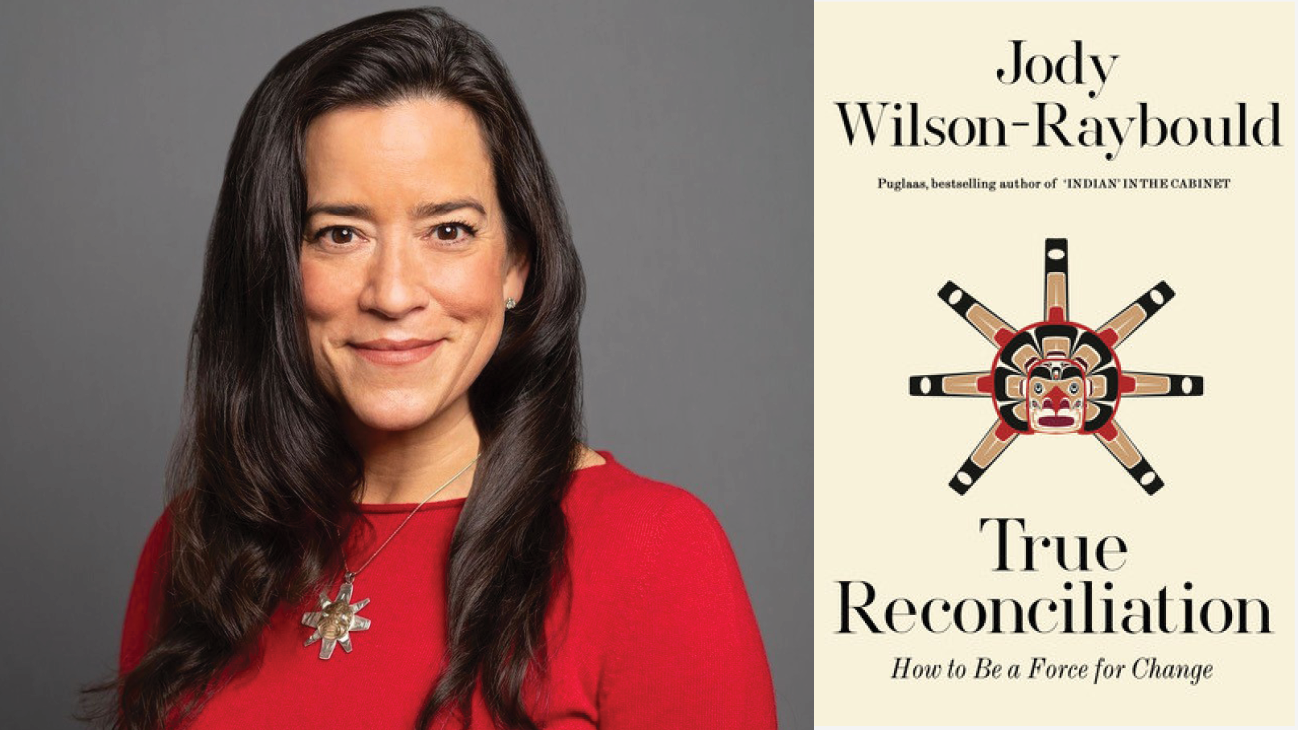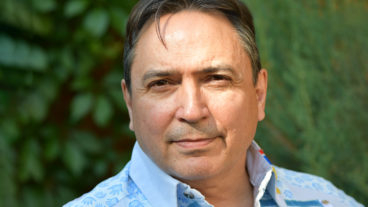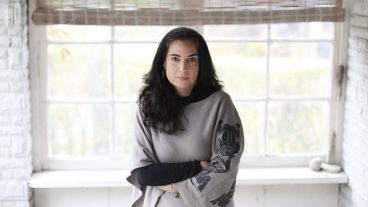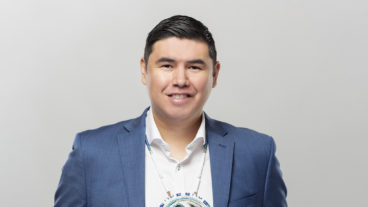No matter where she went and who she was speaking with, the most common question the Honourable Jody Wilson-Raybould would be asked is, “what can I do to advance reconciliation?” This is the question that Jody answers in her new book, True Reconciliation: How to Be a Force for Change — available in stores today.
Jody recognized that there was a gap in information available on how we, as individuals, can help make genuine and meaningful progress towards supporting Indigenous communities of Canada. So, she created an accessible and pragmatic guide to move true reconciliation forward in Canada — the key word being “true”.
In an interview with CTV’s Your Morning, Jody said the reason she put “true” ahead of reconciliation in her book title was to acknowledge the many different ways that the word “reconciliation” is being used, and why it’s important to differentiate the performative acts from the real acts of change.
“Reconciliation is a word that is thrown around a lot these days. And many people, governments in particular, like to label everything as an act of reconciliation,” Jody said. “But there are different levels of activity I call performative or symbolic acts of reconciliation that don’t necessarily move the agenda forward or advance rights.”
These acts include wearing an orange shirt on National Day for Truth and Reconciliation and lowering flags. While these are important gestures that raise awareness and spur education, Jody said, they do not actually recognize rights or settle long-standing disputes. “We need to ensure that our actions are moving on to better things,” she continued, “and advancing the agenda in terms of Indigenous rights.”
The daughter of a hereditary chief and Indigenous leader, Jody is the former Minister of Justice and Attorney General of Canada. She drew on this unique perspective, as both a community and political leader, to outline three core practices individuals can use to become agents of change, or “inbetweeners” as Jody likes to call them. These are people who are able to transcend and transition between the many silos and barriers that exist in our society today; these are the people who fuel positive change.
In an essay for the Globe and Mail, Jody writes:
I believe there are three core practices of true reconciliation: learn, understand and act. These practices are interrelated and interconnected. They build on each other, yet they also should be operable in our lives at the same time; they are not linear. These practices also have specific expressions and meanings. It is not about any learning, any understanding or any action. I mean something very particular about each of these, and how they are practised will be distinct for individuals, communities, organizations and governments.
I admit, these three practices may sound simple and obvious, or too straightforward. But here is one thing I have learned: While effecting real change in our own lives as individuals and in groups is always hard, as human beings there is also often a tendency to believe this is even harder than it is (perhaps even impossible, we tell ourselves). And through that belief, we can make change harder than it already is. Sometimes, those beliefs can even become an excuse to not change. I can tell you that this attitude has plagued our governments in the work of reconciliation. It is too hard. Too complicated. Not possible to know what to do. Or who to do it with. This attitude is also not entirely foreign to Indigenous communities. Change can’t happen. It won’t happen. They will never change.
I reject these attitudes. They are unhelpful, wrong and even harmful. Nothing is ever static in life. We are always moving forward – sometimes fast, sometimes slow – or falling back and being overtaken by struggle. Remember: Doing little or nothing in the face of injustice, harm or wrongs does not mean things stay the same; it means things are getting worse, and your action (inaction) can be or is a part of that worsening.
Hear more from Jody in the video below:
Jody draws from her new book in her powerful keynotes on Indigenous rights and reconciliation. Contact us to learn more about Jody and how to book her for your next event.




